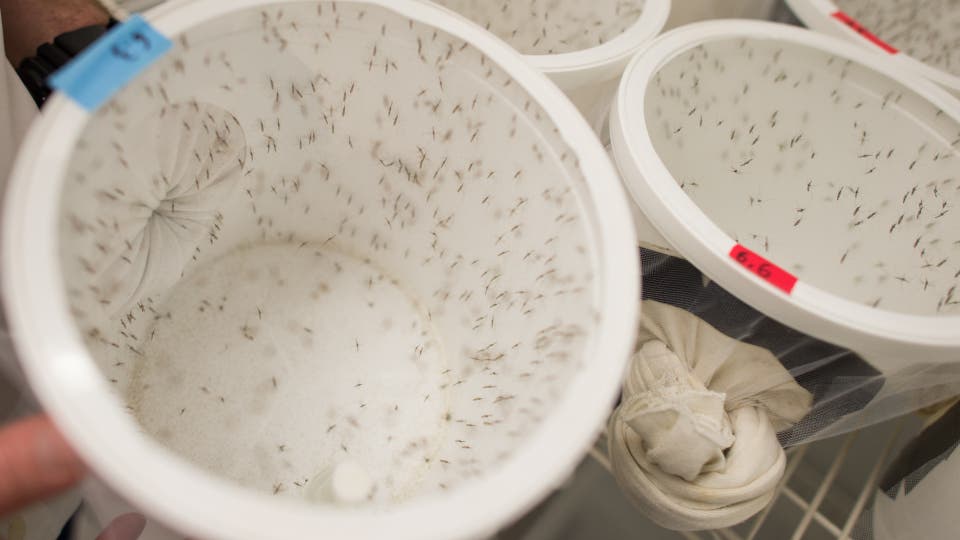Recommended Reads
Good disease books
I read more books on disease than anything else. Here are four good ones.

I might read more about diseases than about any other subject. The books are not always a light read, but the more I learn, the more I’m amazed by the progress the world has made in saving lives and preventing sickness. It’s inspiring to hear about the people behind this progress: the scientists, health workers, and others who commit (and sometimes risk) their lives to help others. And understanding the mechanics of various diseases is a huge help for my work with the Gates Foundation.
Here are four good ones that I’ve read over the years.
1.
The Fever: How Malaria Has Ruled Humankind for 500,000 Years

If you want to read just one book about malaria, The Fever is probably the best choice. Author Sonia Shah doesn’t overwhelm you with data and analytics, but she does cover the whole history of the disease, which—as the title suggests—goes back further than you might think. The book was published in 2010, so it’s not totally up to date (most notably, we’ve made progress with rolling out bed nets since then). But it’s a great overview of malaria, its impact, and the solutions to it.
2.
House on Fire: The Fight to Eradicate Smallpox
Bill Foege is one of my heroes. Among his many accomplishments, he was instrumental in ridding the world of smallpox, which is still the only human disease ever eradicated. This book gives you a great view from the front lines of that battle. Bill was a mentor to Melinda and me in the early days of our philanthropy, and he continues to give us great advice today. I also recommend his deeply moving Gates Notes article about fighting river blindness. It’s a fantastic story that gives you real insight into how he thinks about his work.
3.
Smallpox: The Death of a Disease
D.A. Henderson is another hero of the global-health world who worked closely with Bill Foege on eradicating smallpox. By showing people that it really was possible to eradicate a disease, he helped lay the groundwork for the work we’re doing now to get rid of polio (which I’m optimistic will be done in 2018) and malaria.
4.
Infections and Inequalities: The Modern Plagues
Paul Farmer is one of the most impressive people I’ve had the honor of getting to know. He’s an amazing advocate for the health of the world’s poorest people, and he co-founded a system of health clinics in Haiti that reaches more than a million people in some of that country’s hardest-to-reach places. Melinda and I took our kids to Haiti this year so they could meet Paul and see the work he leads. In this book he really opens your eyes to the vast differences between the health of the rich and the health of the poor.


